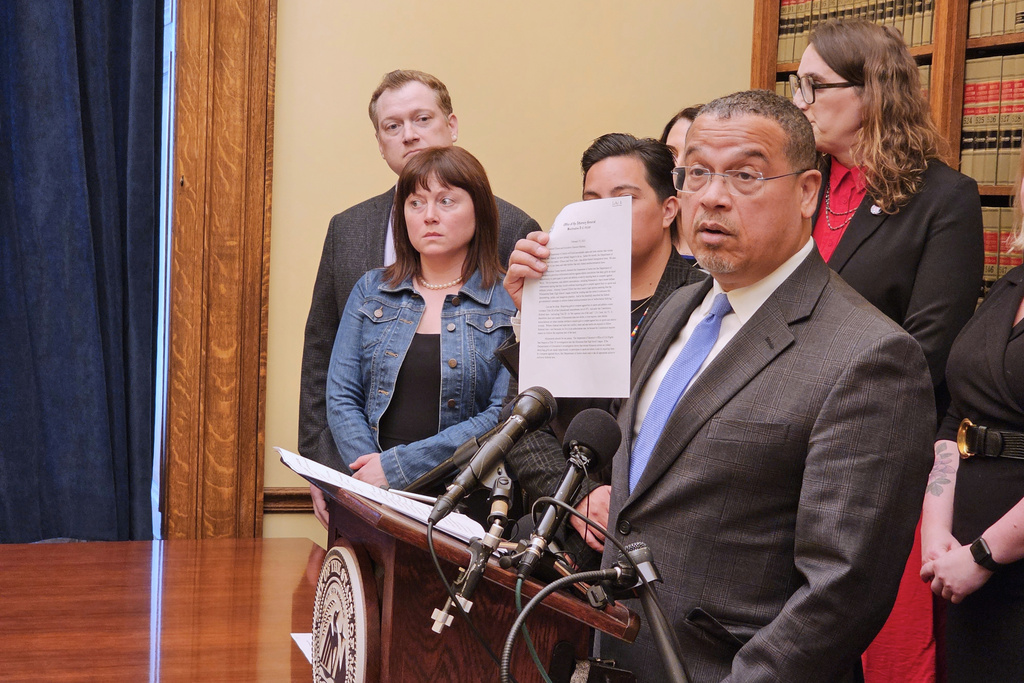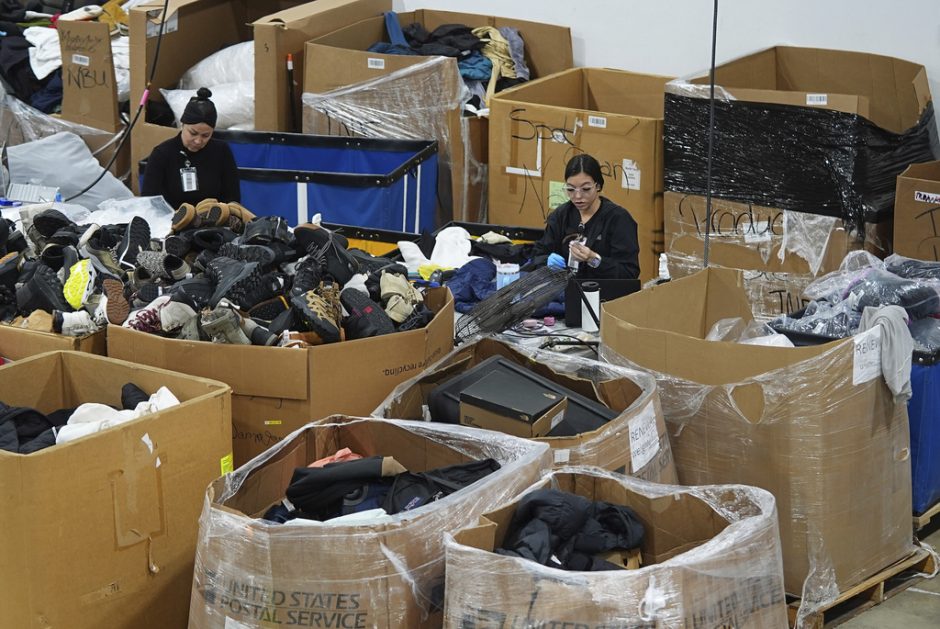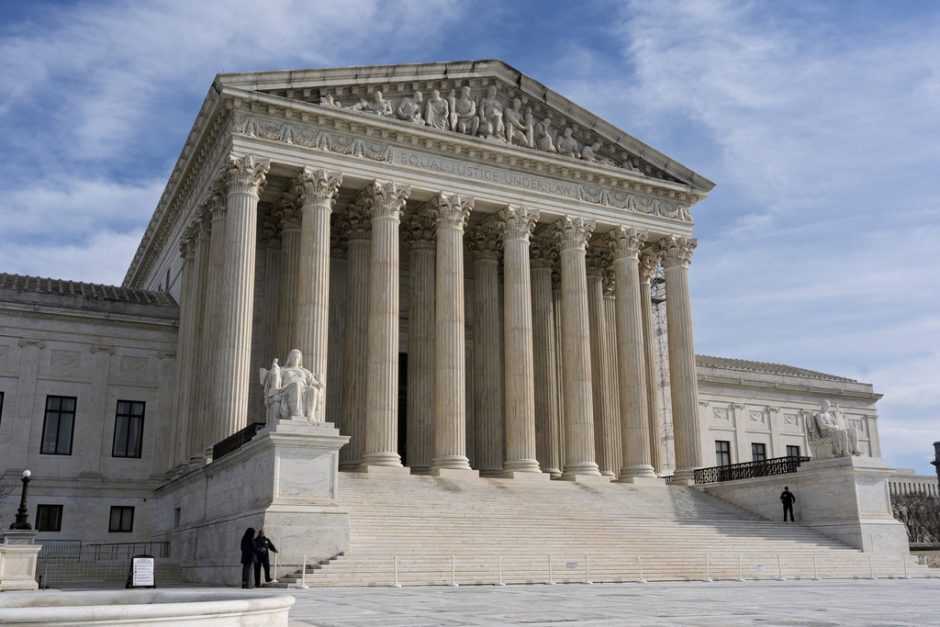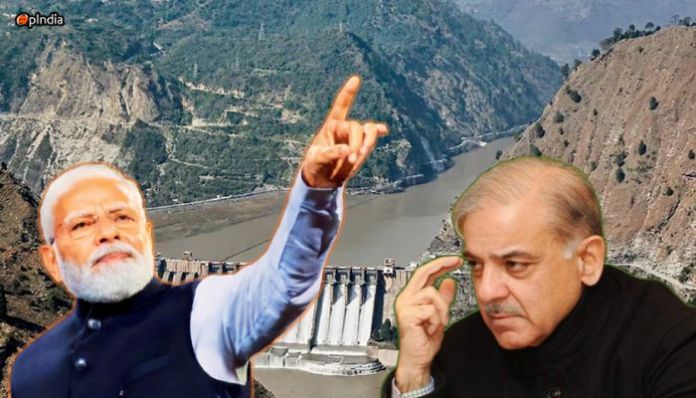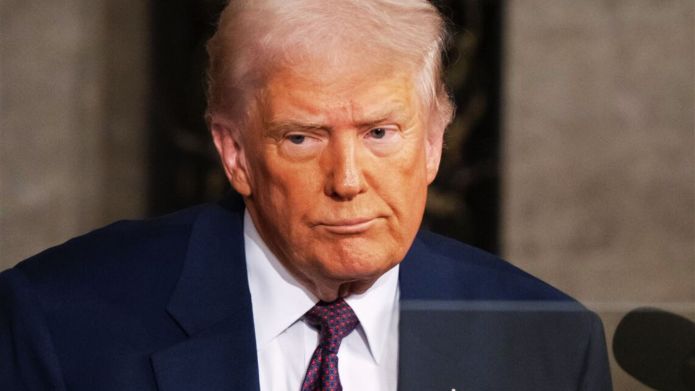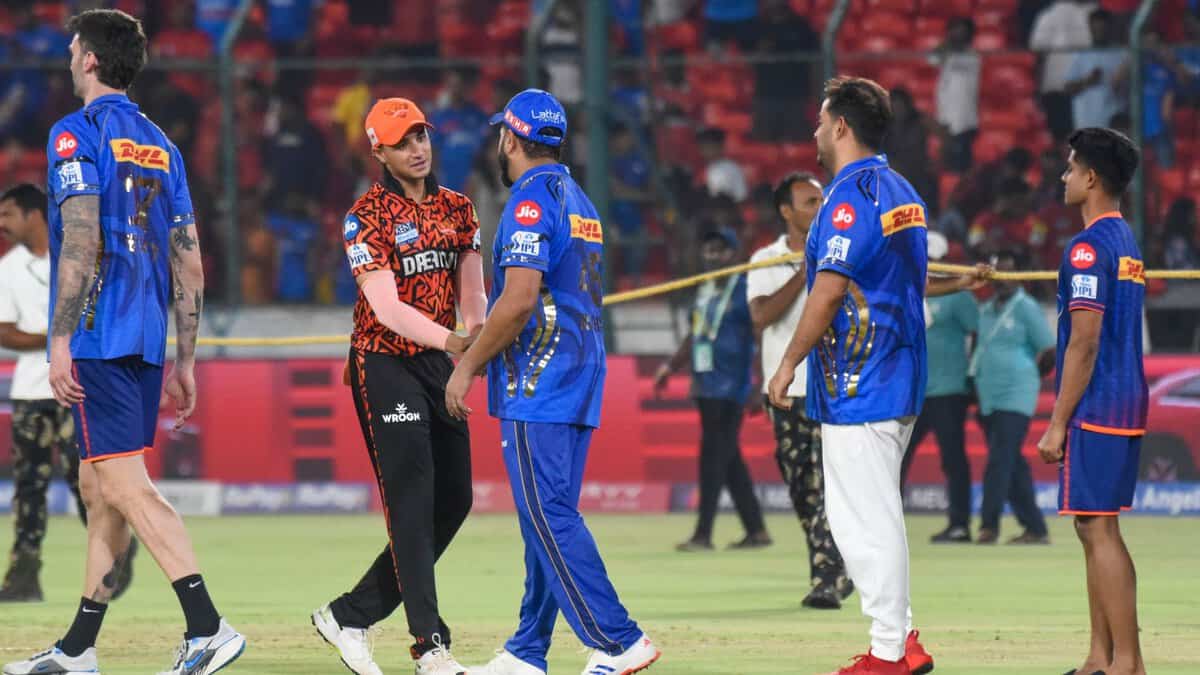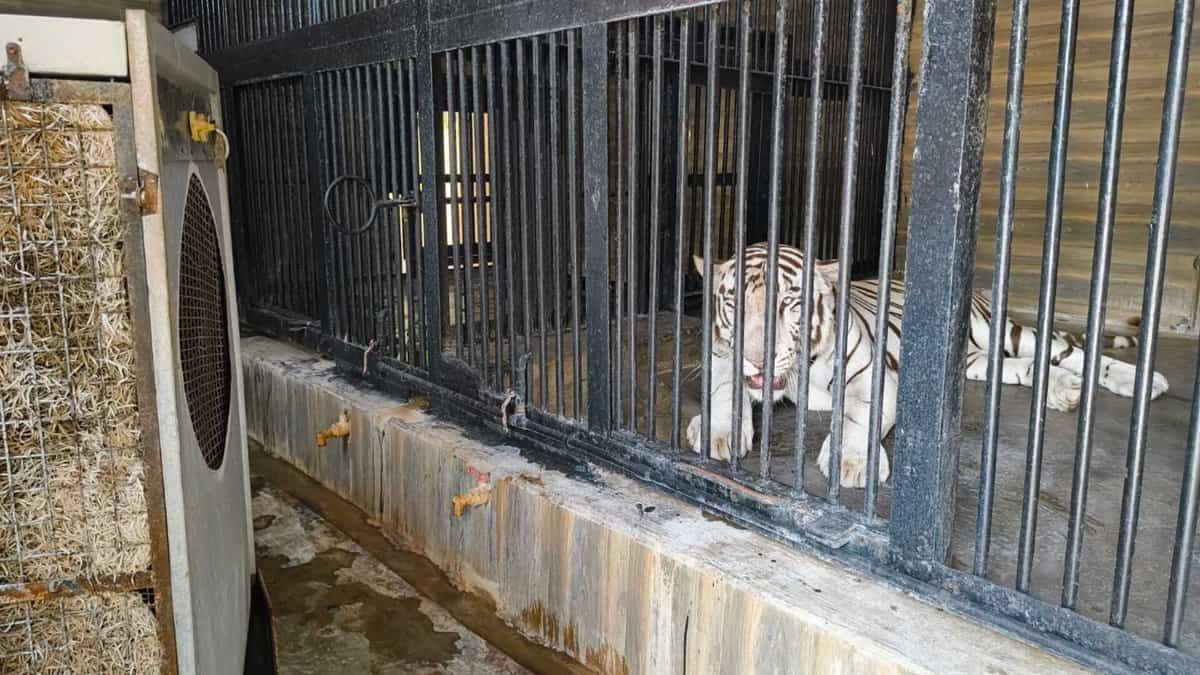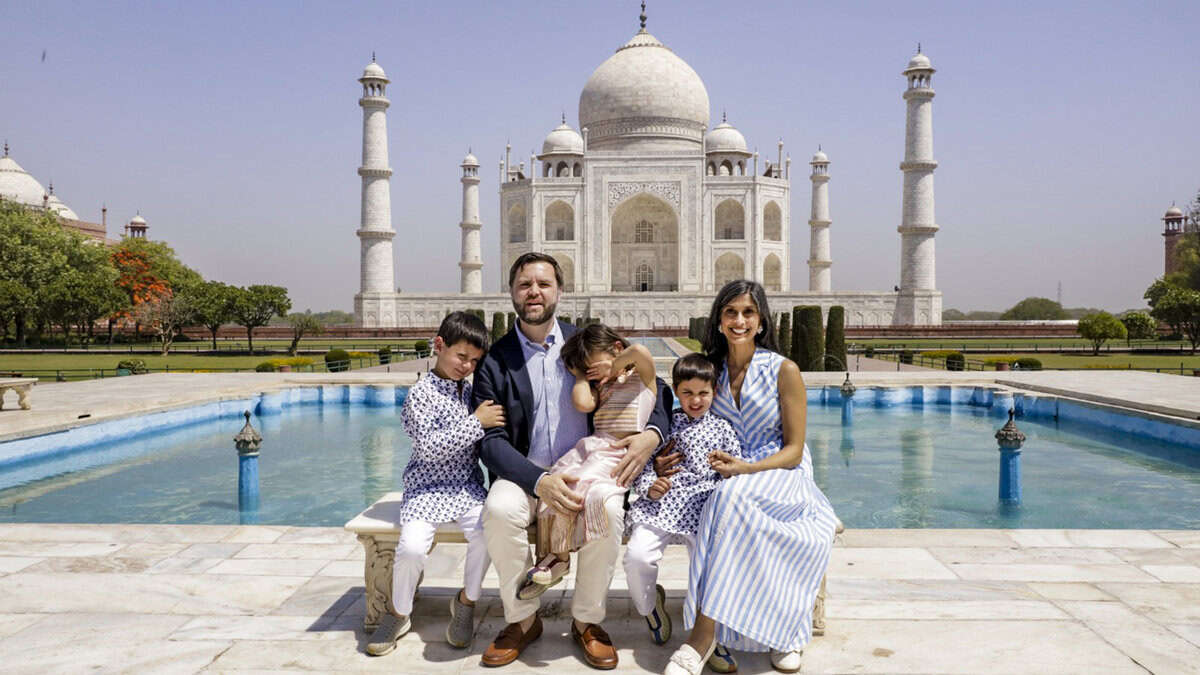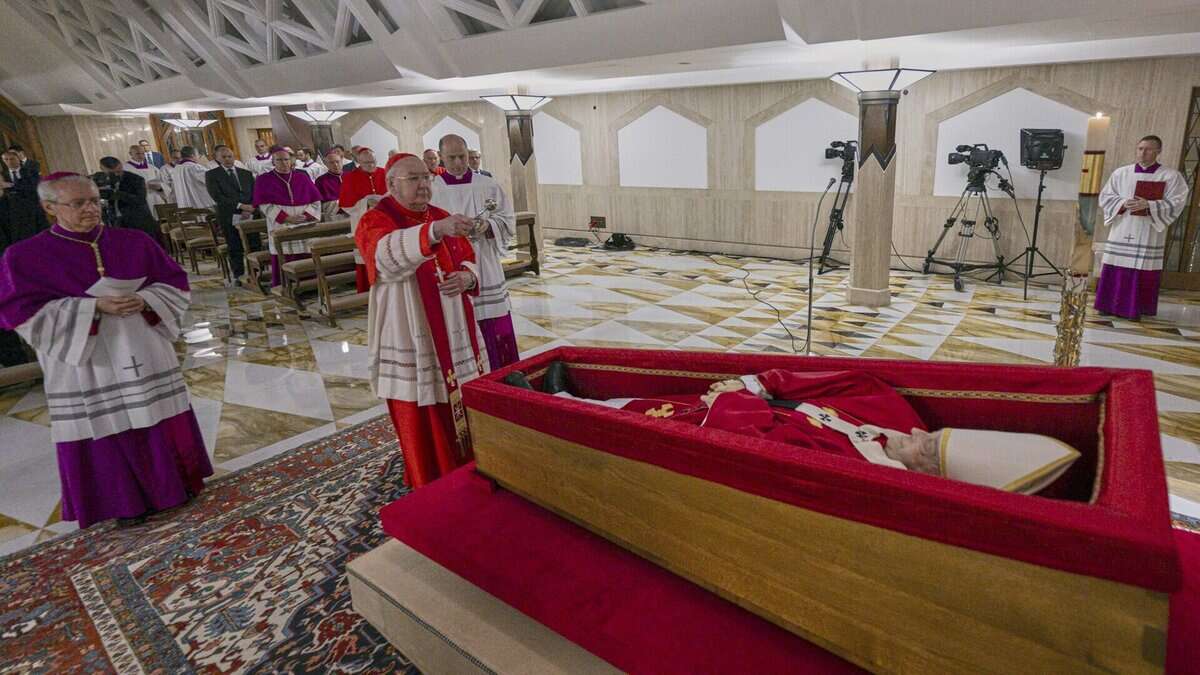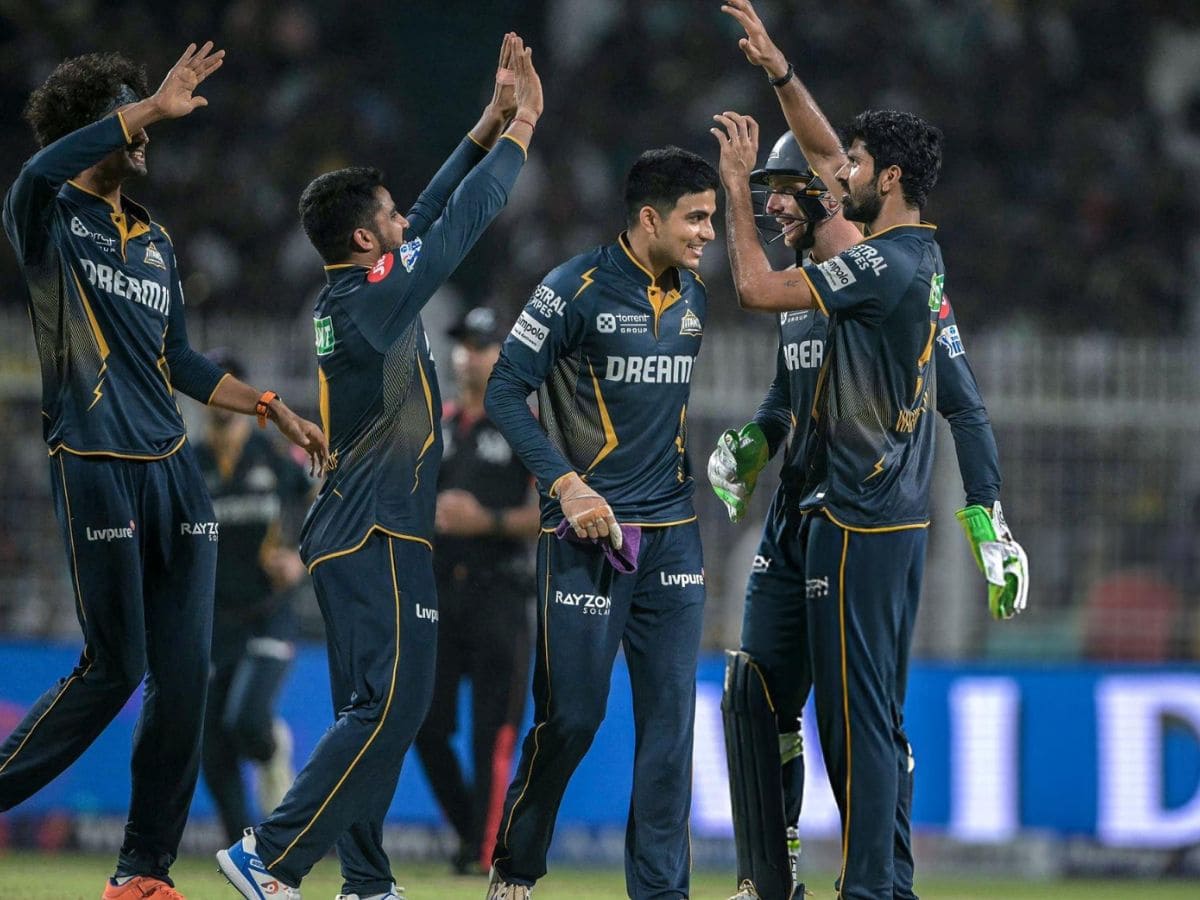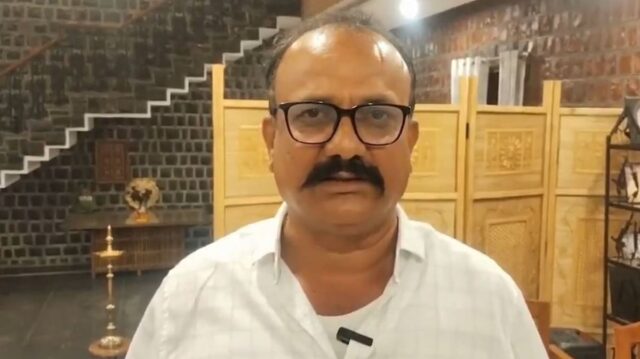Mumbai: The Congress’ state president, Harshvardhan Sapkal, recently hinted that the party is considering contesting the local body elections independently. Speaking at the GPlus Dialogue on Wednesday, Sapkal emphasised that while the INDIA bloc has united on national issues and the Maha Vikas Aghadi stands strong in the state for legislative elections, each party – the Congress, the NCP and the Shiv Sena – will work to strengthen its own position in the local body elections.
He said decisions regarding alliances would be made after discussions with party leaders, stressing that forming an alliance is a political necessity. Sapkal also touched upon several key issues, including objections to EVMs and the challenges the Congress faces moving forward.
Sapkal raised the question of whether the local body elections will actually take place. He pointed out that people have forgotten the structure of local governance, such as having a municipal president or corporators in municipal corporations. He also accused the BJP of becoming accustomed to holding centralised power at the national level. He mentioned that avoiding elections is part of the BJP’s strategy.
A hearing on the local body elections will take place in the Supreme Court on February 25. The court will hear a compilation of 54 petitions, and the outcome of the hearing will determine the course of the elections. If the next date is granted, holding elections during the monsoon season will not be feasible.
Along with the local body elections, there is a perception that the Congress’ organisational structure has weakened. Although Sapkal has only been in charge of the state for a few days, he was asked about the party’s stance on this issue.
He mentioned that efforts will be made to bring in leaders with significant public support in order to strengthen and expand the party. In the 2024 Lok Sabha election, the Congress emerged as the top party in the state, but in the subsequent assembly election, it won only 16 seats.
“We performed well in the Lok Sabha election. Our calculations went wrong in the assembly election, but we are being judged solely on that,” Sapkal said. “This is unfair to us. We are aware of where we fell short. The number of MLAs may remain the same, but the political situation is never static. I am confident that our party’s situation will improve.”
After the assembly elections, Congress raised doubts about EVMs. Leader of Opposition in the Lok Sabha, Rahul Gandhi, also brought up the issue in Parliament, claiming that the BJP’s victory was due to EVM manipulation and bogus voter lists. Several protests were held over EVMs, and the Congress continues to stand firm on this issue.
Addressing the question of why doubts about EVMs arise only when Congress doesn’t win, Sapkal said, “We raised concerns about EVMs, and it is the Election Commission’s responsibility to provide answers. But instead of the commission, the country’s home minister and Maharashtra’s chief minister are responding. Are they the spokespersons for the Election Commission? If BJP is so strong, then appoint someone with a solid reputation as the head of the Election Commission. Instead, they have placed people with multiple allegations against them. Moreover, BJP has been forming governments by breaking other parties, which clearly shows their weakness.”
Sapkal has been working with the AICC since 2010, handling various party responsibilities across the country rather than focusing solely on Maharashtra. When asked about his expectations from the party, he made it clear that he is not a candidate for the future chief minister’s post. He stated, “I want someone from my party to become chief minister, but I have no ambition to hold that position myself.”
NCP leader Sharad Pawar recently felicitated Shiv Sena leader and Deputy Chief Minister Eknath Shinde at an event. The decision drew criticism from Uddhav Thackeray’s Shiv Sena. However, the Congress welcomed the gesture. Speaking on the matter, Harshvardhan Sapkal said, “Coming together for social work and Maharashtra’s welfare is part of our state’s culture. Setting aside differences when needed is our legacy, and we must preserve it.”









